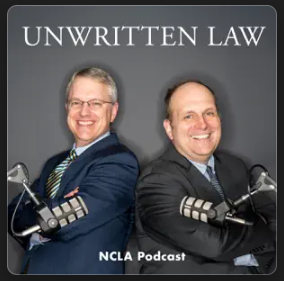AFP Foundation Urges Supreme Court to Pare Back Qualified Immunity in First Amendment Cases
By
| November 20, 2025
AFP Foundation filed an amicus brief in the U.S. Supreme Court in support of petitioner, NRA, which is seeking review of the application of qualified immunity to block recovery in its case alleging First Amendment infringement in NRA v. Vullo.
If that name sounds familiar, it should. NRA v. Vullo was before the Supreme Court before, just last term, when the NRA alleged that Vullo, a New York State financial regulator, used her official power to pressure financial institutions to stop doing business with the NRA to drive the NRA and its messaging from New York. The Court held that the NRA plausibly alleged that Vullo violated the First Amendment by coercing regulated entities to terminate their business relationships with the NRA to punish or suppress gun-promotion advocacy. Notably, the Court characterized its opinion as reaffirming that under Bantam Books, Inc. v. Sullivan, 372 U.S. 58, 67 (1963):
Government officials cannot attempt to coerce private parties in order to punish or suppress views that the government disfavors.
Thus, the Court broke no new ground, but simply applied established law.
Having found a viable First Amendment claim, the Supreme Court remanded the case to the circuit court on the issue of qualified immunity.
Qualified immunity is a doctrine under which a government official will not be held personally liable for infringing constitutional rights unless the “contours of the right [are] sufficiently clear that a reasonable official would understand that what he is doing violates that right”. This is a judge-made doctrine that is meant to ensure that officials cannot be held liable under §1983 for violation of civil rights unless they are on notice that what they are doing is wrong. Its application in slow-moving First Amendment cases is rarely appropriate because the nature of the infringement is so well-known and the time involved is sufficient to clarify any potential confusion, that it makes little sense to reward what amounts to knowing ignorance or indifference.
Here, with a recent Supreme Court opinion in its pocket that relied on 50-year-old precedent, notice that the NRA’s rights were infringed would seem assured. Nevertheless, on remand, the circuit court held that Vullo could not have anticipated that her action would violate the NRA’s First Amendment rights. The NRA now seeks review of the qualified immunity question and AFPF has provided its support in the hope that the Court will take this opportunity to pare back the application of qualified immunity in slow-moving First Amendment cases.


